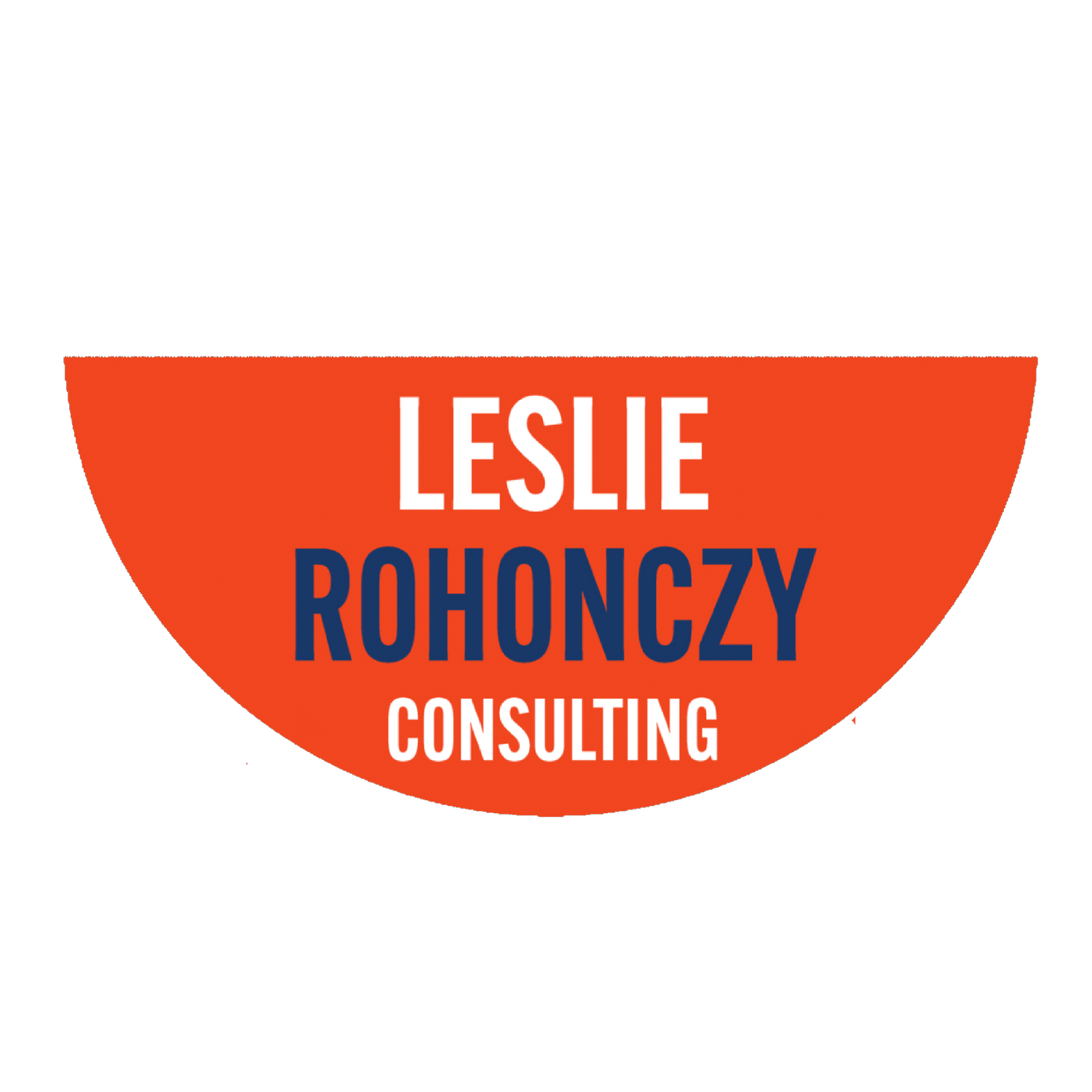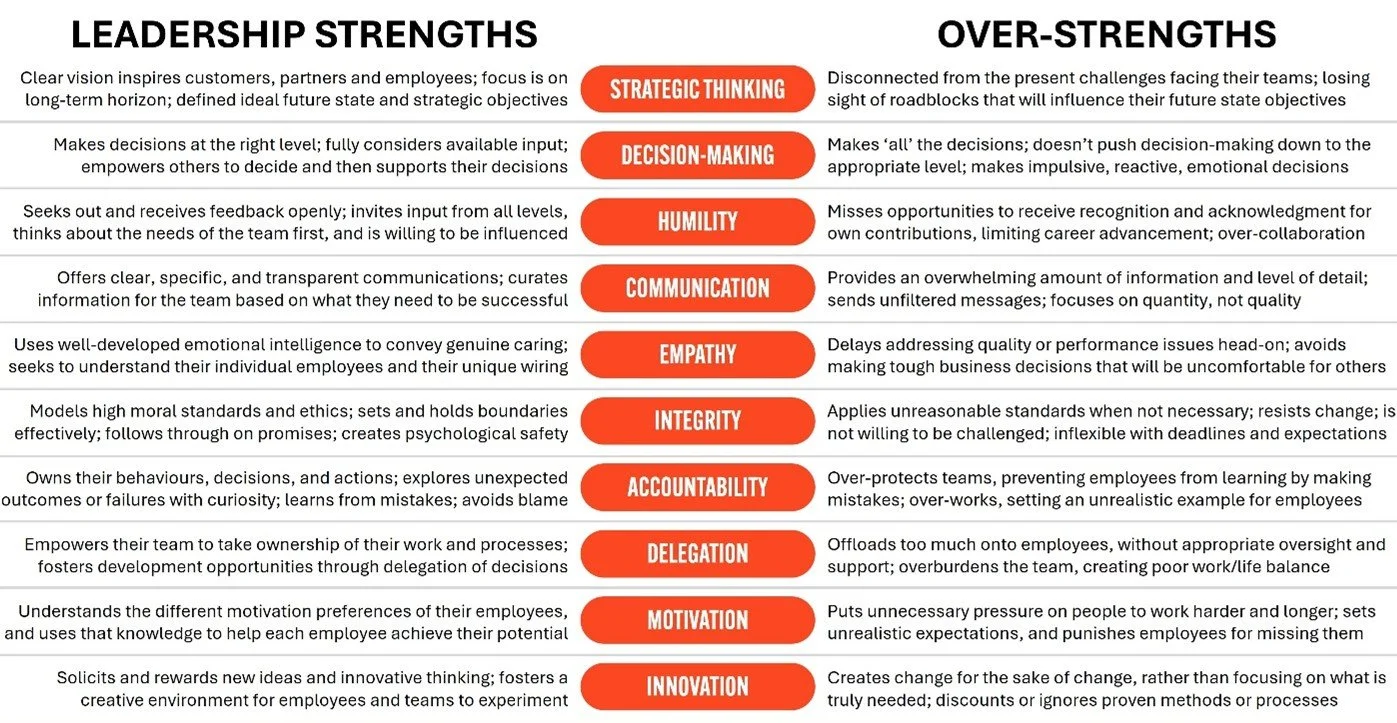A few days ago, my son-in-law, a psychology student, asked me a deceptively simple question as part of his research project: “How do you define emotion?” It stopped me in my tracks, not because I didn’t have an answer, but because I realised that, when anyone asks me about emotion, it's usually in the context of "how do I stop feeling these uncomfortable emotions, and get more of the feel-good ones?"
We often use the word emotion, assuming that everyone knows what we mean. Yet most of us would struggle to pin down exactly what emotion is, especially in the context of leadership. I sat with his question for a moment, recognising that this was more than just a question for a student paper. It was a doorway into one of the most misunderstood aspects of being human, and one of the most underutilised leadership assets.
Ask a thousand people what emotion is, and you’ll get a thousand different definitions. But here’s the one I gave my son-in-law, and it’s the one I’ve come to believe as an executive coach, after years of witnessing leaders, teams, and organizations grow and thrive because of what emotion makes visible.
Emotion is data. It is the body’s first response to a stimulus, often milliseconds before our conscious mind has time to interpret it. From a neuroscience perspective, our amygdala (the emotional processing centre) activates more quickly than our prefrontal cortex (our logic and analysis centre). In other words, emotion is faster than logic, louder than reason, and inconveniently immune to our efforts to suppress or ignore it. That can feel unsettling, particularly for those who pride themselves on rational decision-making and derive their leadership credibility from cognitive mastery.
But emotion is also meaning. It’s how we register what matters. Whether it’s joy lighting us up, anger alerting us to a boundary, or fear waving a bright red flag, emotion helps us locate ourselves in the world, and in leadership, in real time.
And yet, despite being one of the most common and trustworthy internal indicators we have, emotion has long been treated like a professional liability. Too unpredictable. Too messy. Too… human.
THE CULTURE OF EMOTIONAL SUPPRESSION
Most of us were taught to manage emotion by suppressing it: Don’t take it personally. Don’t wear your heart on your sleeve. Don't be 'too much'. Don’t let them see you sweat. In other words: don’t feel. Or, at least, don’t show that you feel.
We’ve been sold the myth that emotional neutrality equals professionalism; that stoicism is strength. But that approach often backfires because when leaders minimize emotion, they don’t actually regulate it, they repress it. And repressed emotion doesn’t disappear. Ever. It goes underground, festering, until it leaks out sideways, in sarcasm, defensiveness, and passive-aggressive emails, contributing to a culture of fear and silence. The result is disconnected leaders, disengaged teams, and decisions that lack empathy, context, and alignment.
EMOTION AS BUSINESS INTELLIGENCE
Let’s reframe the story. Emotion isn’t just a personal experience; it’s a form of business intelligence, a critical input to high-quality decision-making, strategy, and leadership effectiveness.
When we learn to tune into emotion with curiosity rather than judgment, we begin to access a deeper form of intelligence: emotional intelligence. But to make that shift, we first need to understand what emotion actually is from a scientific and leadership lens. Here are four key insights:
1. The body feels it first. Neuroscience confirms that the brain’s emotional system (particularly the amygdala) reacts to stimuli milliseconds before the logical prefrontal cortex kicks in. Researchers like Joseph LeDoux and Antonio Damasio have shown that bodily sensations and gut feelings often precede conscious awareness. So yes, your body does feel it before your brain can make sense of it.
2. Emotions aren’t sent by a signal; they are the signal. While it's poetic to say emotions "send us a message," what’s actually happening is that emotions are the message. They are automatic responses designed to draw our attention to something important. Emotions arise to prepare us for action, not to confuse us. They're not disruptive, but they're not directions for action just yet.
3. The story follows. Once the body responds, the brain interprets the emotional signal by constructing a narrative. This is how we make sense of the feeling: we assign it meaning based on past experiences, current context, and our personal wiring. Sometimes the story is accurate. Sometimes it isn’t. But it's always our brain’s best attempt to explain what we’re feeling based on what we already know.
4. There’s a moment of choice, if we’re trained to notice it. Viktor Frankl famously wrote that between stimulus and response there is a space, and in that space lies our power to choose. While not everyone has easy access to this space automatically, research shows that self-awareness practices like mindfulness and coaching can expand it. Leaders who are trained to pause, reflect, and regulate their emotional response gain tremendous power to act with intention instead of reacting out of habit.
When leaders learn to interpret emotion as data, in themselves and in others, they gain access to vital, often overlooked business signals: early warning signs of disengagement, shifts in culture, misalignment in values, or momentum behind innovation. When emotion and reason are aligned, we make sharper business decisions with greater clarity, integrity, and human impact. When we ignore one or the other, we miss half the picture.
THE LEADER’S ROLE: EMOTIONAL FLUENCY
So what does this mean for leadership, specifically? It means that the most effective leaders don’t try to suppress or avoid emotion; they learn to work with it intentionally and strategically, integrating it into their decision-making and leadership presence. They become emotionally fluent, able to recognise what they are feeling, accurately name it, and use that information wisely. But emotional fluency isn’t just about personal regulation; it’s also about leadership effectiveness in action.
Emotionally fluent leaders use emotion in two essential ways:
1. With Themselves: They notice what they’re feeling in real time, pause before reacting, and use those internal cues as insight into what matters most. For example, if a surge of frustration arises in a meeting, they pause to consider what boundary may have been crossed or what expectation may have been missed. Instead of ignoring or rationalising the feeling, they investigate it, from a calm and curious stance. This helps them lead with intention rather than impulse.
2. With Others: Emotionally fluent leaders are attuned to emotional cues in their teams. They notice when morale dips, when someone’s energy shifts, or when a room suddenly goes quiet. They ask thoughtful questions like, “How did that decision land for you?” or “What are we not saying out loud right now?” They listen not just for content, but for emotional subtext. They know that emotional safety is a precondition for innovation, collaboration, and trust.
This is the difference between reactivity and presence, between saying “I’m fine” with a clenched jaw, and pausing to say, “I’m frustrated by how this landed; let’s talk it through,” between powering through and quietly burning out.
Emotionally fluent leaders don’t just model composure; they model the courage to feel, to acknowledge, to navigate complex human dynamics with openness and clarity. They create cultures where feelings are acknowledged, not feared; where feedback isn’t a threat, it’s an opportunity; and where humanity is not a weakness, but a leadership asset.
And the impact is profound: trust increases, innovation grows, psychological safety expands, and teams become more cohesive and resilient because individuals feel seen, heard, and valued, not just for what they do, but for who they are as people.
THE COST OF EMOTIONAL ILLITERACY
Let’s flip the script again. What happens when leaders don’t engage with or allow for the full range of human emotion?
We see defensiveness instead of accountability, silence instead of honest feedback, leaders who bulldoze through meetings, wondering why no one speaks up, cultures that reward perfection over progress, and compliance over creativity and innovation. Do you notice any of these in your culture?
That gap, or ‘leadership disconnect’, is what happens when a leader’s self-perception is out of step with how they’re actually experienced by others. And it often stems not from a lack of awareness, but from a resistance to the vulnerability required to acknowledge, express, and work with emotion, both in themselves and in those around them.
TURNING AWARENESS INTO ACTION
So, how do we shift this and move from emotional avoidance to emotional fluency? We start by understanding that feeling is thinking. Emotional fluency isn’t just about managing discomfort. It’s also about amplifying insight from the moments when things feel aligned; when we’re proud, inspired, grateful, joyful, or at ease. These so-called positive emotions are often overlooked, but they hold vital clues about what’s working, what matters most, and what we want more of in our leadership.
Take a minute right now to reflect on your leadership journey, where you've come from, and where you're going. Then use these questions to help translate emotional awareness into practical insight:
What emotion am I experiencing right now? Name it clearly. Is it frustration, anxiety, hope, pride? Here's a handy tool to help you identify your emotions: WHEEL OF EMOTIONS
Where do I feel it in my body? Notice the sensation. Is it tension in your shoulders, heaviness in your belly, a tight jaw, flutters in your chest, tingling on your scalp, or something else?
What is this emotion telling me? Is it pointing to a value being challenged, a boundary that was crossed, a need for reassurance, an opportunity to be explored, gratitude to be expressed, or something else?
What’s the story I’m telling myself about this situation, and is it true? Could there be a different interpretation, a limiting belief, or an assumption to challenge?
Once we’ve created some space between the feeling and the action, we can choose the response that aligns with who we are, and the impact we want to have. Emotionally intelligent leadership is the ability to feel fully and respond wisely. We are emotional beings who think, not thinkers who happen to feel. And if we want to lead with clarity, connection, and courage, we treat emotion not as a liability but as the leadership superpower it truly is.




























